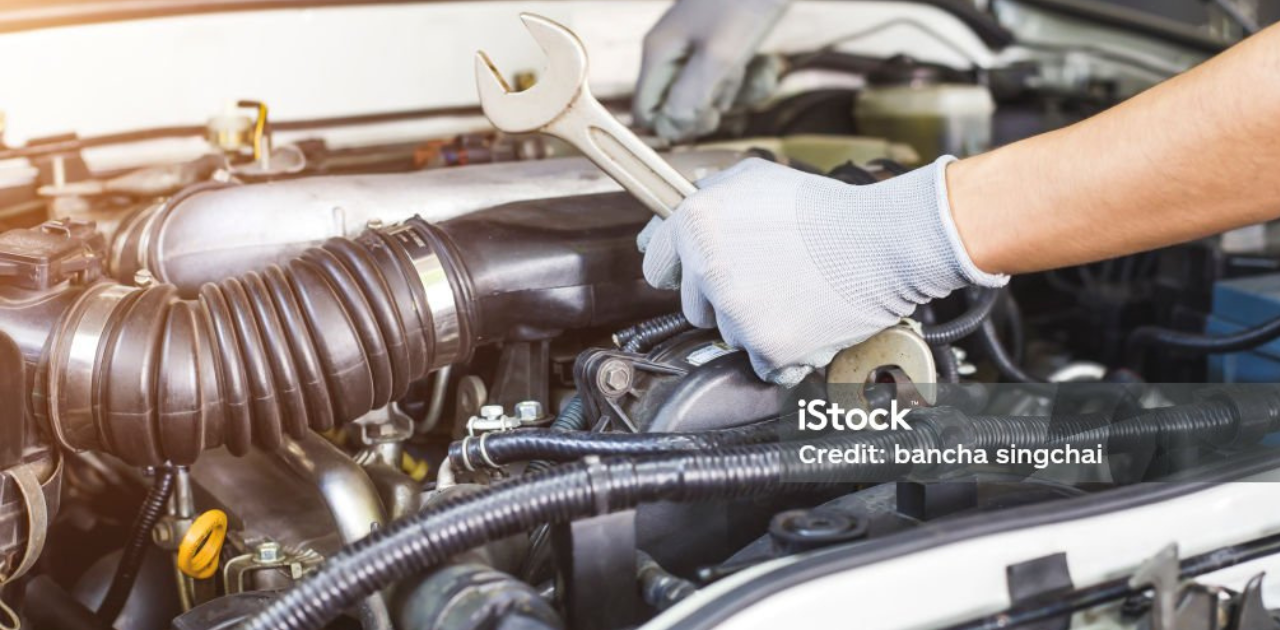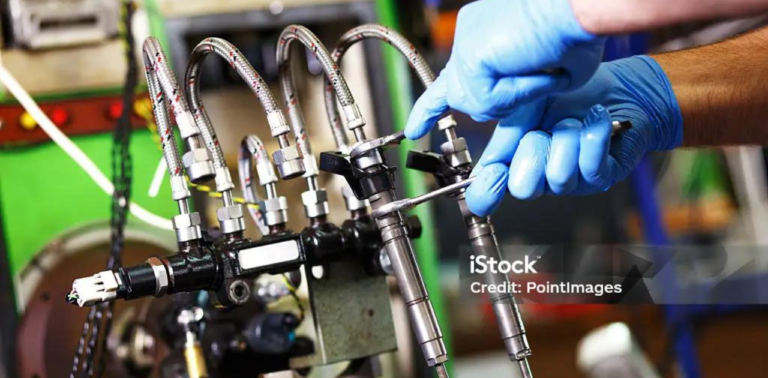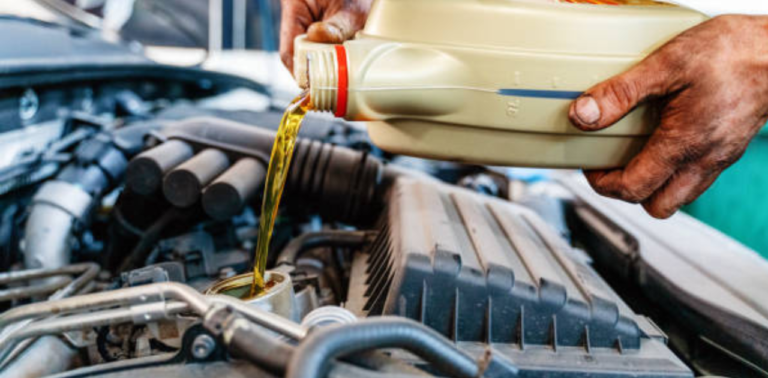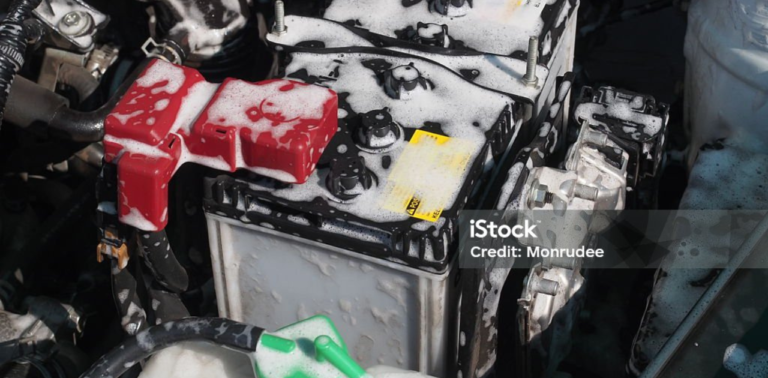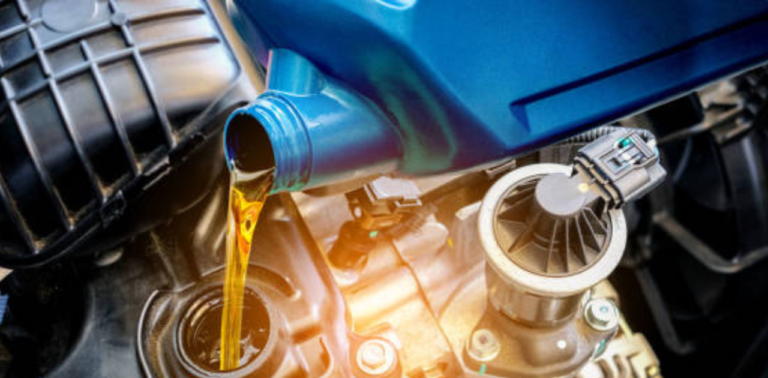How to start car with bad fuel filter?
Introduction:
The fuel filter plays a crucial role in maintaining the health and performance of a vehicle engine. It prevents impurities from entering the fuel system and ensures that only clean fuel enters the engine. Over time, however, fuel filters can become clogged or damaged, causing various problems. This comprehensive guide will tell you whether you can start a car with a bad fuel filter, how to identify the symptoms, and what steps you can take to fix the problem.
Can you start a car with a bad fuel filter?
Starting a car with a faulty fuel filter is a question that preoccupies many drivers who are facing this problem. The answer is not a simple yes or no. In some cases it may be possible to start the engine with a partially clogged fuel filter, but this is not advisable for several reasons.
A fuel filter is designed to prevent contamination such as dirt, deposits and rust particles from entering the engine. If the filter is clogged or blocked, it impedes the flow of fuel to the engine and affects its performance. However, if the constipation is not severe, enough fuel may still flow to start the engine.
Nevertheless, starting a vehicle with a faulty fuel filter can have consequences. The fuel pump and other engine components are additionally strained as the pump has to work more to push the fuel through the clogged filter. This increased workload can lead over time to premature wear and a possible failure of the fuel pump.
If the engine is running with insufficient fuel due to a clogged filter, this may also result in ignition intermitters, acceleration delays and poor performance. These problems can worsen the longer the vehicle is driven with a faulty fuel filter, which can lead to major engine problems and costly repairs over time.
How do you unblock a fuel filter?
Unblocking a fuel filter typically involves the following steps:
- Identify the fuel filter: Locate the fuel filter in your vehicle. It is normally located along the fuel line, either under the vehicle or near the engine.
- Unload the fuel pressure: Before working on the fuel filter, relieve the pressure in the fuel system by either clamping the fuel pump relay or using a fuel pressure gauge to release the pressure.
- Remove the fuel filter: Disconnect the fuel lines from the fuel filter using an appropriate tool. Be sure to spill some fuel, so keep a container and cloth ready.
- Clean the fuel filter: If the fuel filter is dirty but not very clogged, you may be able to clean it with a fuel system cleaner or by flushing it with compressed air. Be careful not to damage the filter.
- Replace the fuel filter: If the fuel filter is heavily clogged or damaged, it is best to replace it completely. Insert the new filter in the same orientation as the old one and reconnect the fuel lines firmly.
- Check for leaks: Once the new filter has been installed, rotate the ignition key to the ON position (without starting the engine) and check for any fuel leaking from the connectors.
- Start the engine: Start the engine and make sure it is running smoothly and without hesitation or misfiring. If everything looks good, you have successfully unplugged or replaced the fuel filter.
Can I drive with a bad fuel filter?
Driving with a bad fuel filter is not safe and is strongly discouraged. A fuel filter plays a crucial role in ensuring that only clean fuel reaches the engine while trapping harmful contaminants like dirt, rust, and debris. When the fuel filter becomes clogged or blocked, it restricts the flow of fuel to the engine, leading to a variety of issues that can compromise both the performance and safety of your vehicle.
Here are some reasons why it’s not safe to drive with a bad fuel filter:
- Poor engine power: A clogged fuel filter impedes fuel flow to the engine, resulting in poor performance, reduced power, and slow acceleration. This can make it difficult to maintain control over the vehicle, especially in situations where rapid acceleration or manoeuvring is required.
- Engine strangulation: If the fuel supply to the engine is restricted, the chances of the engine being unexpectedly sucked out, especially when idle or at low speed, increase. The strangulation of the engine may pose a significant safety risk, particularly in road traffic or at high speeds.
- Increased risk of engine damage: Driving with a faulty fuel filter can cause the engine to run too thin, which means it does not get enough fuel to burn. This can lead to overheating, increased wear and tear of the engine components and potentially catastrophic engine damage.
- Possible fuel leaks: A severely clogged or damaged fuel filter may lead to a fuel leak which is a fire hazard and increases the risk of an accident, especially in the event of a collision or collision.
- Engine control lamp: A faulty fuel filter may cause the vehicle’s onboard diagnostic system to illuminate the engine test lamp on the dashboard. Ignoring this warning and continuing with a faulty fuel filter can lead to more serious problems and costly repairs.

How do you start a car with a fuel pump problem?
Starting a car with a fuel pump problem can be challenging, but there are a few steps you can take to troubleshoot and potentially overcome this issue. Here’s a guide on how to start a car with a fuel pump problem:
- Poor engine power: A clogged fuel filter impedes fuel flow to the engine, resulting in poor performance, reduced power, and slow acceleration. This can make it difficult to maintain control over the vehicle, especially in situations where rapid acceleration or manoeuvring is required.
- Engine strangulation: If the fuel supply to the engine is restricted, the chances of the engine being unexpectedly sucked out, especially when idle or at low speed, increase. The strangulation of the engine may pose a significant safety risk, particularly in road traffic or at high speeds.
- Increased risk of engine damage: Driving with a faulty fuel filter can cause the engine to run too thin, which means it does not get enough fuel to burn. This can lead to overheating, increased wear and tear of the engine components and potentially catastrophic engine damage.
- Possible fuel leaks: A severely clogged or damaged fuel filter may lead to a fuel leak which is a fire hazard and increases the risk of an accident, especially in the event of a collision or collision.
- Engine control lamp: A faulty fuel filter may cause the vehicle’s onboard diagnostic system to illuminate the engine test lamp on the dashboard. Ignoring this warning and continuing with a bad fuel filter can lead to more serious problems and costly repairs.
It’s essential to address fuel pump issues promptly to avoid being stranded or risking further damage to the vehicle. If you suspect a problem with your fuel pump, don’t hesitate to seek professional help to ensure the continued reliability and safety of your car.
What are the symptoms of a dirty fuel filter?
The symptoms of a bad fuel filter typically include:
- Engine misfiring or deceleration: A bad fuel filter can interrupt the fuel flow to the engine, causing misfires or delays in accelerating. This symptom may become more pronounced when the accelerator pedal is pressed.
- Problems with starting the engine: A partially clogged bad fuel filter can make it difficult to start the engine, especially if the vehicle has stood for a while. It may take longer for the engine to start up, or it may not start at all.
- Reduced engine power: Restricted fuel flow due to a polluted fuel filter may result in reduced engine performance, including reduced performance and acceleration. Your vehicle may feel sluggish or struggle to reach higher speeds.
- Stopping or sudden drop in power: If the fuel filter is more clogged, it can reduce the fuel supply to the engine, which can cause the engine to choke or suddenly lose power while driving. This symptom may occur idle, at low speeds, or while accelerating.
- Engine indicator lamp lights up: A polluted fuel filter can trigger the engine test lamp on the dashboard. If the engine test lamp is lit and illuminated permanently, this means that the vehicle’s onboard diagnostic system has detected a fuel system problem, which may include problems with the fuel filter.
- Unusual motor noise: In some cases, a bad fuel filter can cause unusual motor noise, such as noise or misfires. These noises may occur during acceleration or under load and may indicate fuel supply problems caused by a polluted fuel filter.
- Fuel Smell: A severely clogged fuel filter can cause fuel to back up in the fuel line, leading to a noticeable smell of gasoline inside or outside the vehicle. If you detect the smell of fuel, it’s essential to inspect the fuel system, including the fuel filter, for potential leaks or blockages.
What are the symptoms of a faulty fuel filter?
The symptoms of a faulty fuel filter are similar to those of a dirty fuel filter, as a dirty filter is one of the primary causes of filter malfunction. Here are the symptoms of a faulty fuel filter:
- Engine misfiring or deceleration: A stuffy or defective fuel filter can interrupt the fuel flow to the engine, causing misfires or delays in accelerating. This symptom may manifest as jerking or stuttering while driving.
- Problems with starting the engine: A partially or completely clogged fuel filter can make it difficult to start the engine, especially if the vehicle has been standing for a while. It may take longer for the engine to start up, or it may not start at all.
- Reduced engine power: Restricted fuel flow due to a faulty fuel filter may result in reduced engine performance, including reduced performance and acceleration. Your vehicle may feel sluggish or struggle to reach higher speeds.
- Stopping or sudden drop in power: If the fuel filter is more clogged or damaged, it can reduce the fuel supply to the engine, which can cause the engine to choke or suddenly lose power while driving. This symptom may occur idle, at low speeds, or while accelerating.
- Engine indicator lamp lights up: A faulty fuel filter can trigger the engine test lamp on the dashboard. If the engine control lamp is lit and illuminated permanently, this means that the vehicle’s onboard diagnostic system has detected a fuel system problem, which may include problems with the fuel filter.
- Unusual motor noise: In some cases, a faulty fuel filter can cause unusual motor noise, such as noise or misfires. These noises may occur when the engine is accelerating or decelerating and may indicate fuel supply problems caused by a faulty fuel filter.
- Fuel smell: A bad fuel filter can cause fuel to leak from the filter or accumulate back in the fuel line, resulting in a perceptible smell of gasoline inside or outside the vehicle. If you experience a fuel smell, be sure to check the fuel system, including the fuel filter, for any leaks or blockages.
